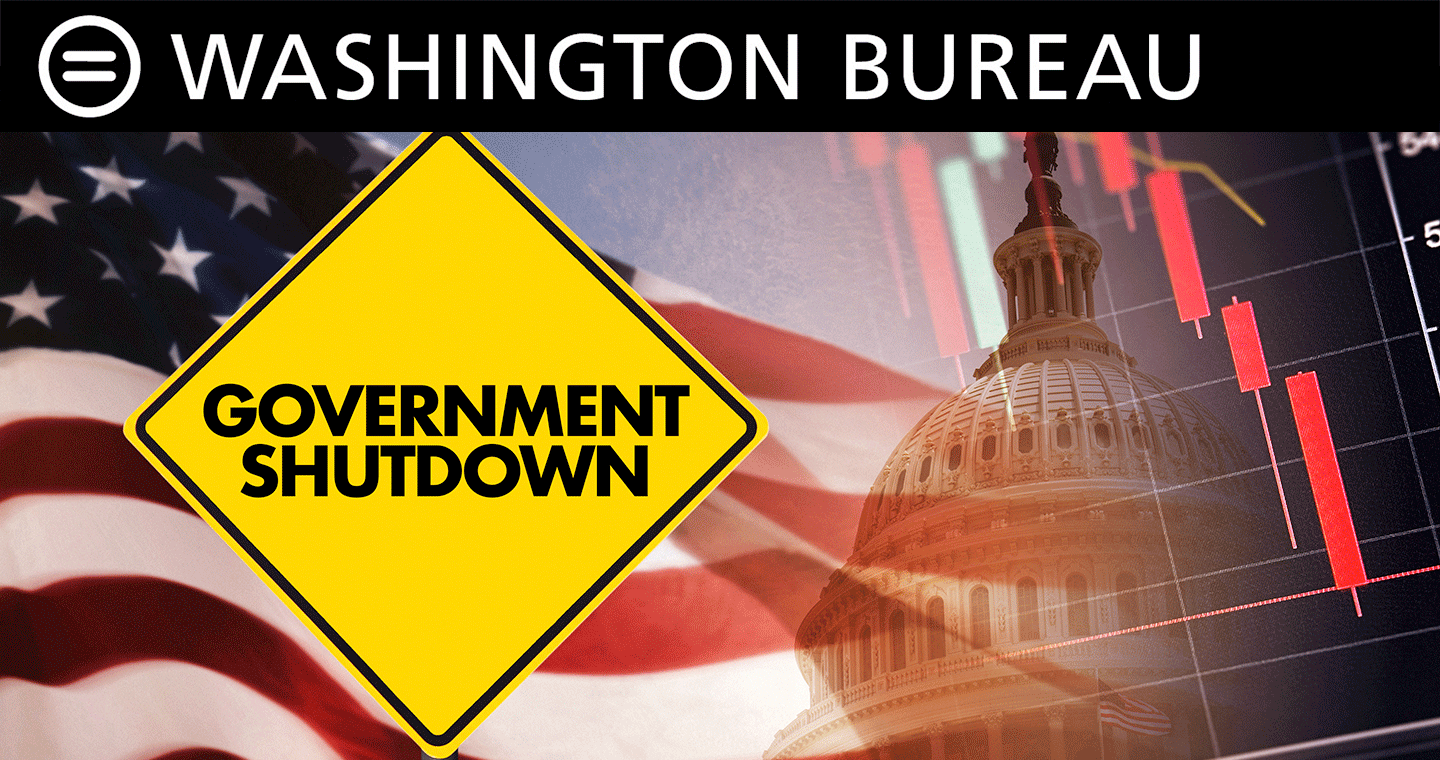What Does the Government Shutdown Mean for You and Your Neighbors?

We’re in the third week of a government shutdown. Why did this happen, what does it mean for you and your neighbors, and what can be done to bring it to an end?
Cause:
Open enrollment in Affordable Care Act (ACA) health insurance marketplaces starts November 1st. The enhanced premium tax credit that made insurance affordable for more than 20 million Americans is expiring, which is likely to cause the cost of health care to skyrocket. It is estimated that 4 million Americans will not be able to afford healthcare due to this alone. The Republican-controlled Congress chose not to extend this tax credit during consideration of the tax provisions in the One Big Beautiful Bill (or, better termed, Big Ugly Bill), which was signed into law on July 4, 2025. The National Urban League advocated for permanent extension of the ACA credits as part of our Main Street Tax Initiative released in May. Instead, Congress gave away trillions in tax benefits to the ultra-wealthy and corporations. Now is the time to correct this error before healthcare becomes unaffordable for so many. However, Congressional Republicans have put forward a short-term spending bill that does not address this critical problem. It also does not address the safeguards needed to ensure that the Trump Administration spends federal dollars as required by law—enabling them to withhold $410 billion in funding that goes to our communities—money for food assistance, preschool programs, and substance use and mental health treatment among other programs. The Trump Administration is also withholding more than $28 billion from infrastructure projects in Democratic-led states, cities, and Congressional Districts. These issues must be addressed to reopen the government.
![ Marketplace Enrollees Rely on Enhanced Premium Tax Credits for Affordable Health Coverage [Click and drag to move] ](/sites/default/files/inline-images/Screenshot-2025-10-16-at-3.21.51%E2%80%AFPM_1.png)
Click for Interactive Map from CBPP.org
Effect:
About 750,000 federal employees have been furloughed during the shutdown. Furloughs are required during a shutdown by law since there is no authorization for the Executive Branch to spend money. The government is allowed to have only those employees who are “excepted” from the furloughs—basically those whose jobs are for the protection of life or property or national security. During the shutdown no activities paid with discretionary appropriations are to continue and employees paid with those funds are not paid until after the shutdown ends.
The layoffs, or Reductions in Force (RIFs), at federal agencies that you are hearing about are a different matter. Currently, about 4,000 additional federal employees, some of whom are also currently furloughed, have received RIF notices. The RIFs are now paused due to a court order. The Trump Administration has threatened thousands more. This is not required during a shutdown and has never been done during one before. It is likely a violation of labor laws (there is a required procedure for RIFs) and of appropriations law since performing the RIFs requires personnel to be in the office who should be furloughed during a shutdown.
In addition to the effect on federal employees, the public is affected by the lack of federal services. The most reported example is the slowdowns that occur at airports due to TSA agents and air traffic controls who grow tired of working without pay and decline to show up for work. Other appropriated programs like WIC (food assistance for women and children) and SNAP (food assistance to low-income families) are expected to run out of funds at the end of this month. Additionally, many essential services are disrupted. People receiving benefits, like Social Security or veterans’ benefits, will not have staff available to assist with any issues that arise. Census activities mostly cease, undermining fair political representation. The Department of House and Urban Development has a diminished ability to fight housing discrimination and provide housing assistance. And federal courts are projected to run out of funding soon.
Resolution:
Call Congress at 202-224-3121 and let your Members know to support the DeLauro-Murray continuing resolution. That legislation will reopen the government, restore the ACA enhanced premium tax credit (which will help keep healthcare costs under control), and put guardrails around federal funding to help ensure that the Trump Administration has to spend it on the programs it is allocated to by law.

